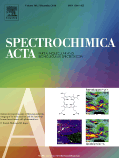 A researcher is claiming that her former PhD students impersonated her to remove her name as a co-author on a 2015 study.
A researcher is claiming that her former PhD students impersonated her to remove her name as a co-author on a 2015 study.
According to an editor’s note, published in Spectrochimica Acta Part A: Molecular and Biomolecular Spectroscopy, the journal received confirmation from all three authors that the aforementioned researcher should be removed from the author list during proofing stage. However, the researcher whose name was omitted — Nahid Nishat of the Jamia Millia Islamia in Jamia Nagar, New Delhi, India — later contacted the journal claiming that she didn’t okay this move.
Nishat told Retraction Watch that she believes the two listed authors on the paper wrote to the journal on her behalf to remove her name: Continue reading Who wrote this chem paper? Author claims her name was removed without consent

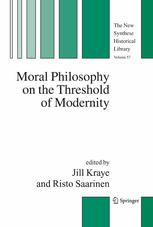

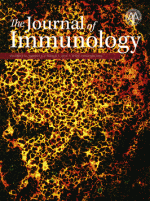

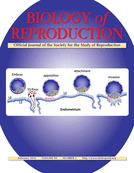
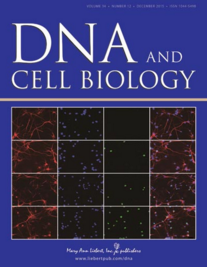
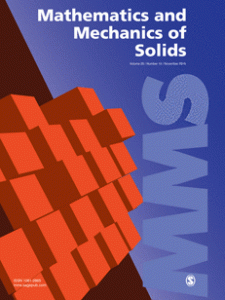 Thirteen papers in Mathematics and Mechanics of Solids now have an expression of concern, after it came to light that an author on most of the papers coordinated the peer-review process.
Thirteen papers in Mathematics and Mechanics of Solids now have an expression of concern, after it came to light that an author on most of the papers coordinated the peer-review process.